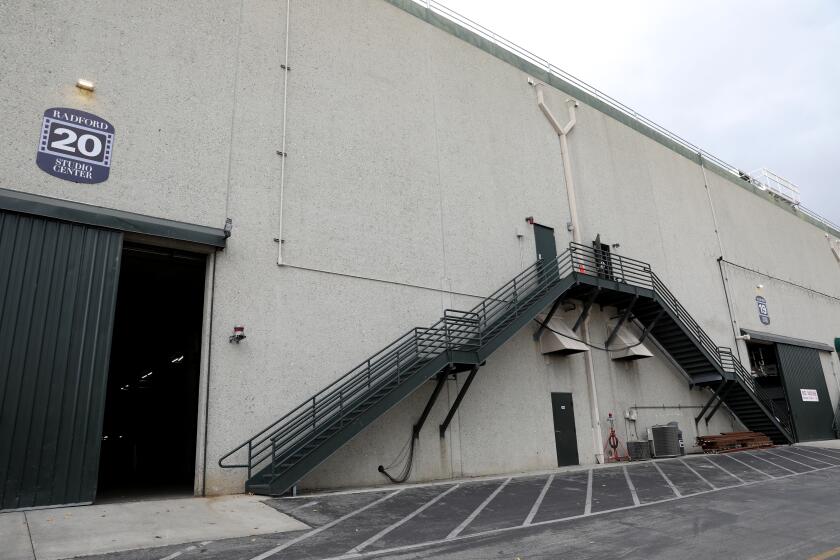Viacom Joins List of Coups : Redstone Has the Takeover Touch
It seemed to many observers last fall that an investor group that bid $2.97 billion for Viacom International had the resources to repel any who might stalk the entertainment and communications firm.
The investor group, after all, was led by eight top Viacom executives, backed by the capital and mergers-and-acquisitions savvy of Wall Street’s Drexel Burnham Lambert, First Boston Corp. and Donaldson, Lufkin & Jenrette Securities, and also supported by the deep-pocketed Equitable Life Assurance Society.
But by Wednesday, when Sumner Murray Redstone’s National Amusements had signed a definitive agreement to purchase the company, observers weren’t so surprised. “We’ve learned not to underestimate Sumner Redstone,” one financier said. “He can mix it up with the best of them.”
The 63-year-old Bostonian has proved himself a dogged takeover entrepreneur, as well as a businessman with the skill to expand a sleepy family-owned theater chain into one of the industry’s standout operations. With the acquisition of Viacom International, he will lead one of the most important companies in the entertainment industry.
The purchase will also make him the largest shareholder in Orion Pictures Corp., with a 21% stake. Some observers speculate that he may continue to accumulate Orion shares until he holds a majority stake in that studio.
“My only plan right now is to sleep for a while, then to play some tennis,” Redstone said Wednesday morning, returning to the Carlyle Hotel in Manhattan after a 22-hour negotiating session that clinched the acquisition. “After that, I’ll think about what’s next.”
A Harvard-trained lawyer, Redstone practiced law in Washington for 12 years, then went to work expanding his father’s drive-in theater chain into indoor film exhibition. The company, managed by Redstone and group of longtime associates, is now the eighth-largest exhibition firm in the country, with about 400 screens in the Northeast and Midwest.
The theaters show as many as 12 movies in a single location, a strategy that Redstone says has helped the company generate one of the highest ratios of revenue per seat in the industry.
But most of Redstone’s wealth--estimated at several hundred million dollars--has been derived from his takeover stock speculation. Time and again, Redstone has found himself holding large positions in stocks just before takeovers.
He owned, for example, a 5% stake in 20th Century Fox Film Corp. just before it was purchased by Denver oilman Marvin Davis in 1981. He held a 9.75% block of Columbia Pictures Industries stock before Coca-Cola purchased it in 1982.
Also, financier Kirk Kerkorian bought back a 7.9% stake that Redstone held in MGM/UA Home Entertainment Co. two years later.
His success as a “passive” investor in takeover situations convinced many observers that Redstone’s intention with Viacom was for the company to buy him out or give him a special deal to get rid of him. They could have, some analysts suggested, offered him a special price on Viacom’s 14.6% block of Orion stock.
But little by little, it became clear that he wanted to run Viacom. “He kept coming back, and coming back,” said John Tinker, analyst with Bear, Stearns & Co. in New York. “It turned out, he really wanted to be in the business.”
Redstone is married with two grown children. He has been active in a number of charities in the Boston area and was co-chairman of then-Sen. Edmund S. Muskie’s (D-Maine) presidential campaign in 1972.
The Viacom takeover fight was at times bitter, as Redstone denounced the company’s board for what he said was their preferential treatment of the management-led buyout group. But he said Wednesday that he hopes the eight executives will stay with the company.
“I’d like to think we’ve gotten through this without bitterness on a personal level,” he said.
More to Read
The biggest entertainment stories
Get our big stories about Hollywood, film, television, music, arts, culture and more right in your inbox as soon as they publish.
You may occasionally receive promotional content from the Los Angeles Times.







